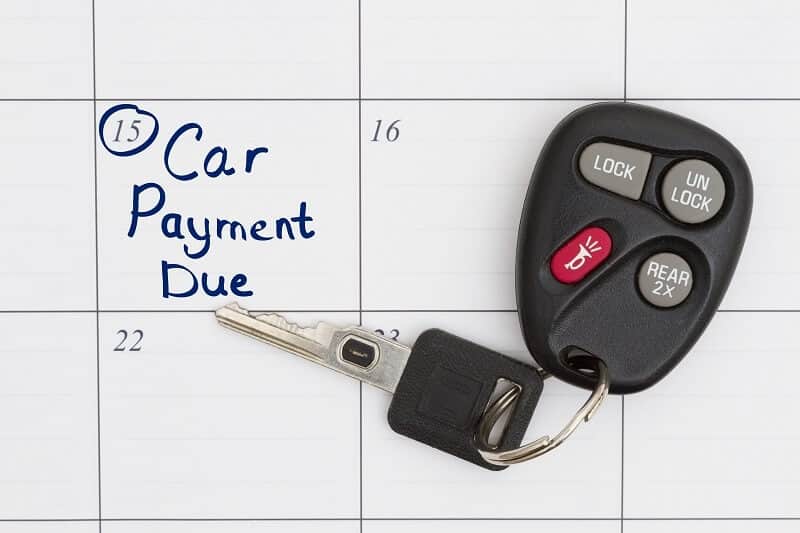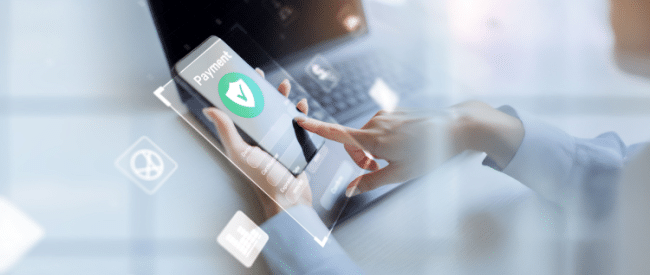Auto lending is a booming business, with about 85% of new cars and 50% of used cars purchased with financing, according to Debt.org. You can see how this type of lending has grown over time. About 43% of adult Americans, or 107 million people, had auto loan debt in 2017, according the Federal Reserve Bank of New York, up from 80 million people in 2012.
Even as demand for auto financing has risen, so have expectations for how car buyers receive their bills and pay their loans, leases or subscriptions. Understanding and meeting these changing consumer billing and payment demands is a hot topic for Auto Finance Summit 18, where Nordis Technologies is exhibiting in Las Vegas from October 24 to 26, booth number 117.
Omnichannel choice and convenience
Just as they do with other consumer purchases, car buyers want choice, flexibility and technology-enabled customized options for managing their loans and leases. That’s especially true for millennials who, by 2020, will comprise 40% of the potential vehicle ownership market, according to J.D. Power and Associates.
Most car buyers expect to be able to pick and choose among digital (including mobile), automated phone systems, call center or mailed options. The newer technologies of electronic billing statements, texting, paying online or with mobile wallets are growing in popularity: 64% of consumers say they plan to use a mobile wallet by 2020, up from 46% in 2017, according to Accenture, and 89% say they would like to communicate with businesses via text, according to Twilio.
Of course, plenty of consumers still choose to pay via phone or by receiving a remit coupon in the mail and writing a check. The goal of offering omnichannel is to make sure it’s convenient as possible so consumers make their payments on time and delinquencies are avoided. But the omnichannel approach delivers a third benefit — improving the overall customer experience by meeting a range of needs.
Being able to deliver this range of choice across channels effectively requires a customer communications management platform, which makes it easy and fast to compose and distribute billing statements, payments confirmations and other customer correspondence based on customer preferences. Also critical is an electronic bill presentment and payments (EBPP) system, which securely enables digital account management and accepts a range of payment methods such as ACH, credit/debit cards, PayPal, or even AmazonPay.
3 ways to make the most of omnichannel
Once you have a billing and payments platform that offers true omnichannel capabilities for flexible, customized customer communications and payments, you can use it to strengthen your customer relationships while encouraging on-time payments. Here are 3 ways to ensure success:
- Offer a digital two-fer. EBPP provides an electronic version of the statement for the customer to review, plus ways to pay. By putting both components at the buyer’s fingertips, you’re offering them the most convenient billing and paying experience.
- Stay in touch. Once buyers opt in, use digital billing communications and payment channels to keep in touch during the billing cycle. Remind them, via text, when a payment is due and confirm when the payment has been received. Or if you’re offering a wallet app, that information can be pushed directly to the smart phone along with the billing statement and a link to the payment portal.
- Leverage billing statement real estate. Use your customer communications management and payments technology to personalize billing statements with important additional information the individual buyer may need. For example, is it time for an extended warranty renewal, is the lease agreement coming due or are there other auto-related marketing opportunities? This data can also drive dynamic inserts to be included with the mailing package.
Today’s options are growing as banks and auto financing companies try to make the lending experience as smooth and easy as possible. Customers benefit, but so do lenders. These new options help to ensure on-time payments, minimize delinquencies and build consumer loyalty by providing choice and convenience.
About the Author
Bryan joined Nordis Technologies in 2016 to manage and grow the company’s already-large vacation ownership client base. He also is responsible for business development and market expansion in the healthcare and financial services markets. Before joining Nordis, Bryan spent more than 21 years with Interval International, a leading global provider of vacation ownership services. Bryan graduated from Northwestern University with a bachelor of science in political science.

Bryan Ten Broek
Vice President – Business Development







